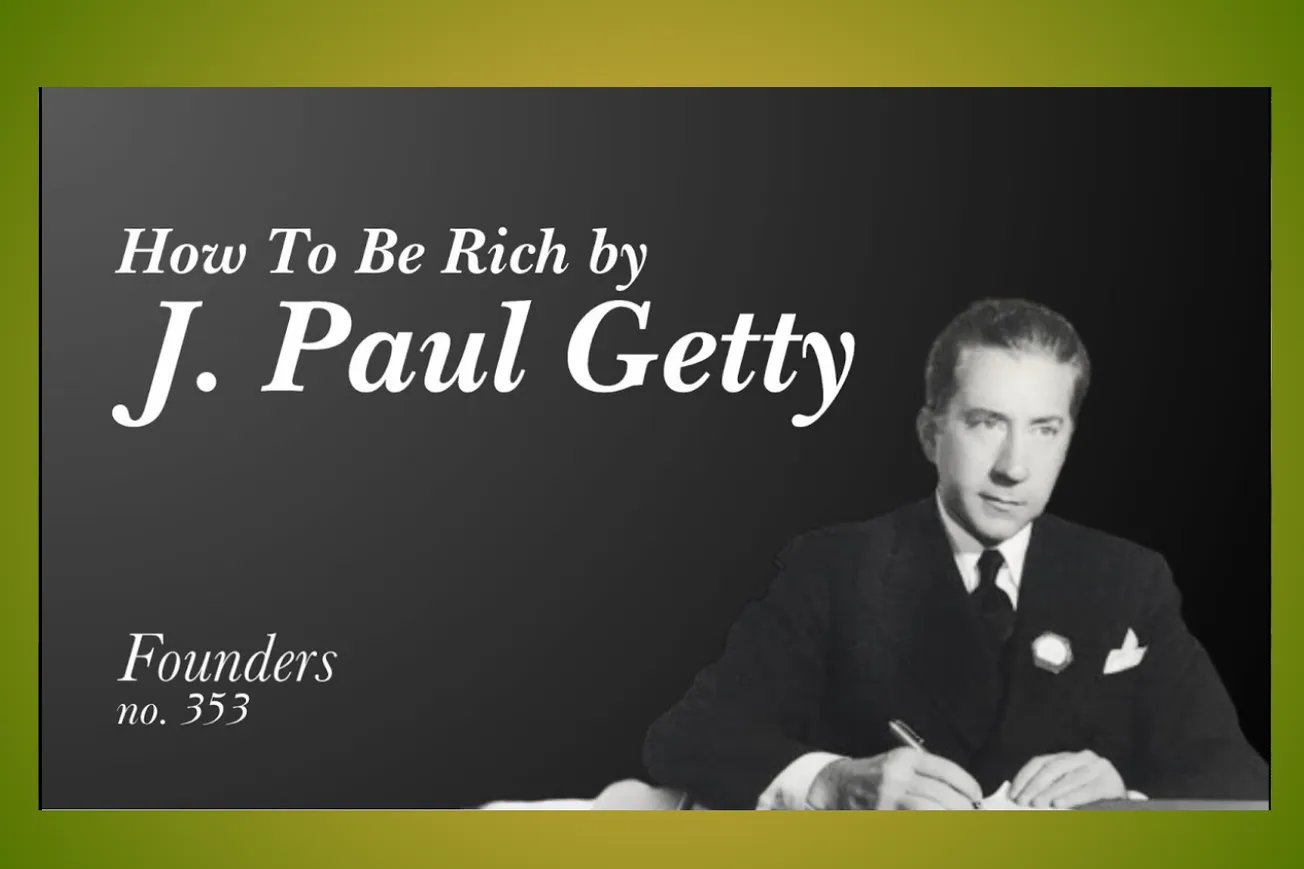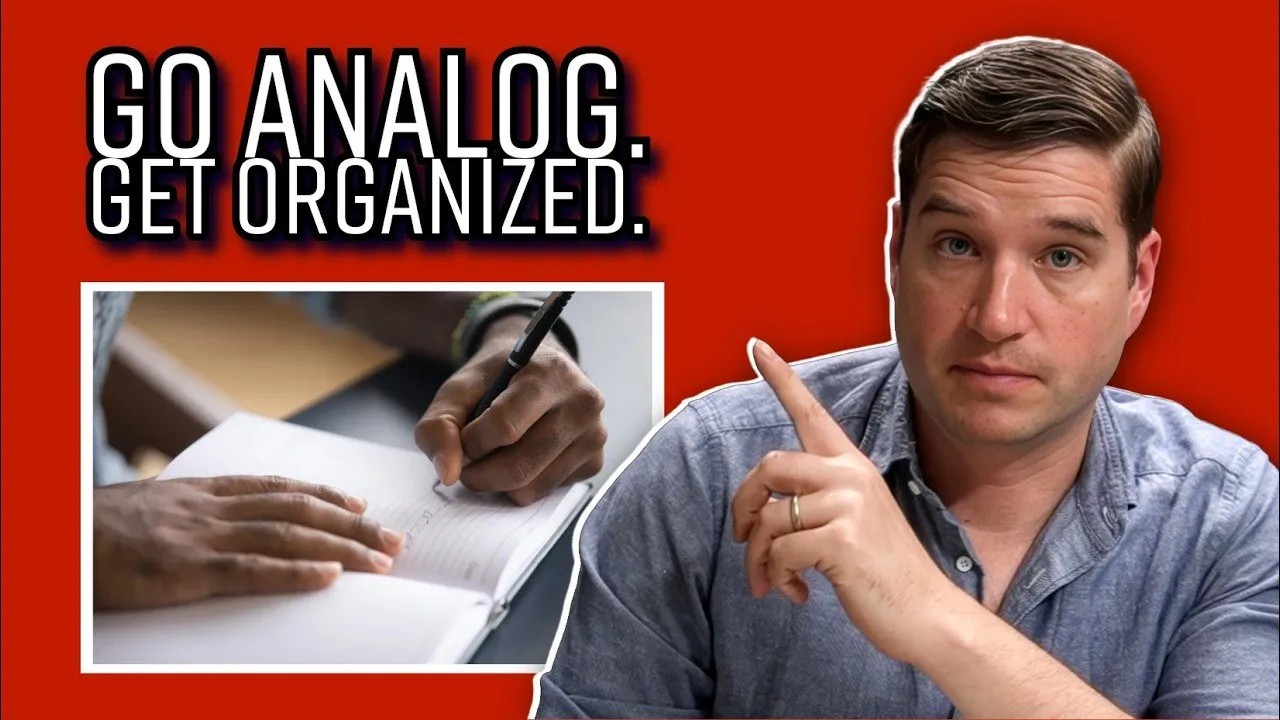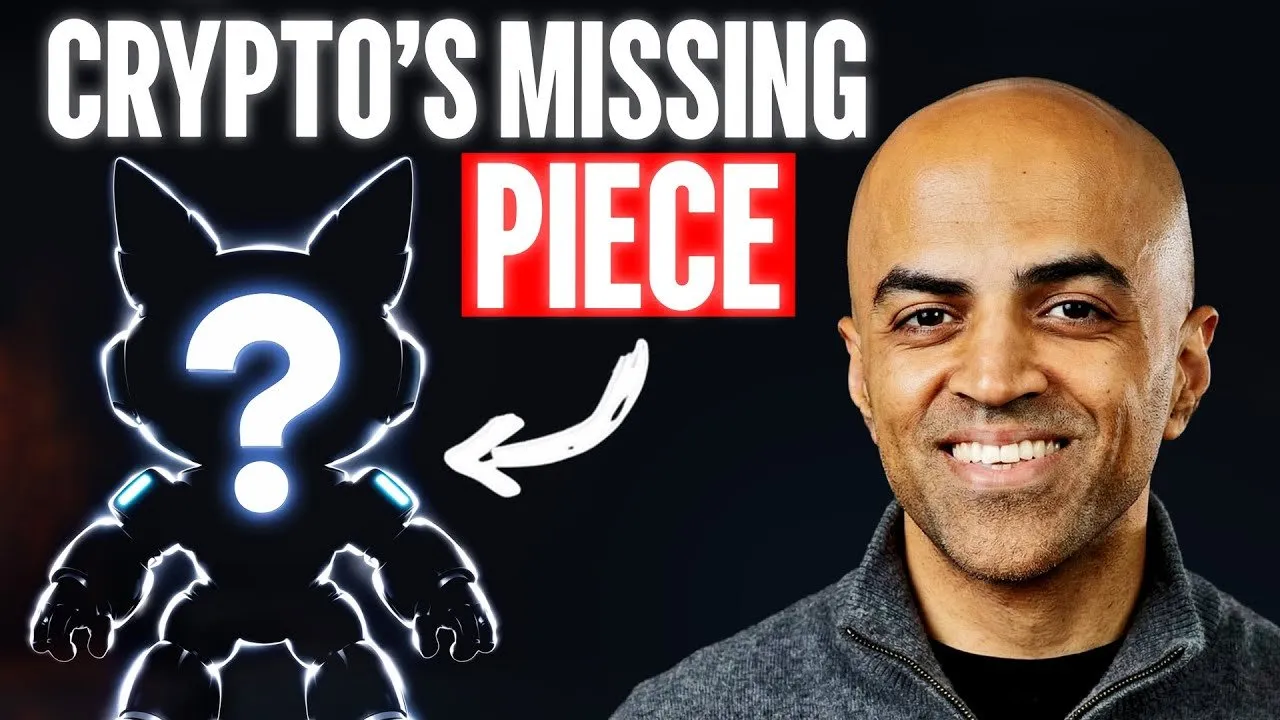Table of Contents
J. Paul Getty's collection of essays written at age 73 reveals the fundamental principles that built one of history's greatest fortunes, from oil field wildcatting to global empire building.
Key Takeaways
- There are no surefire, quick formulas for success in business - sustainable wealth requires long-term thinking and persistent effort over decades
- Early exposure to business fundamentals through hands-on experience proves more valuable than theoretical education or MBA programs
- Betting against consensus during crisis periods creates the greatest opportunities for building generational wealth
- Vertical integration and controlling your entire business ecosystem protects against competitors who don't play by the rules
- The millionaire mentality focuses obsessively on cost control and efficiency, finding savings opportunities others miss completely
- Great executives think and act independently without constantly seeking approval from superiors, taking full responsibility for outcomes
- Staying calm during inevitable business crises separates successful leaders from those who panic and make poor decisions
- Non-conformity and individual thinking create competitive advantages that conformists following standard practices cannot replicate
- Building relationships with talented people who have ownership mentality multiplies your capabilities beyond what any individual can achieve
Timeline Overview
- 00:00–08:30 — Book Origins and Early Lessons: How Getty's essays for Playboy magazine became a business guide, plus his father's influence in exposing him to oil fields at age 10-11
- 08:30–16:45 — Wildcatting and Early Competition: Getty's first oil ventures, learning geology when others dismissed it, and developing adaptability through competition with major oil companies
- 16:45–24:20 — The Depression Decision: How Getty's choice to buy during the Great Depression while others sold everything set up his later success with Saudi Arabia concessions
- 24:20–32:15 — Optimism as Moral Duty: Getty's response to 1960s pessimists claiming no opportunities remained, plus his 10 fundamental rules for business success
- 32:15–40:30 — The Millionaire Mentality: Understanding different employee categories and how to identify people with ownership thinking who save companies substantial money
- 40:30–48:45 — Leadership and Communication: Five essential leadership traits, the importance of clear communication, and why executives must know their business better than anyone else
- 48:45–56:20 — Anti-Bureaucracy Philosophy: Getty's criticism of business school graduates, paper empires, and why successful leaders must be where the actual work happens
- 56:20–63:40 — Staying Calm Under Pressure: Learning from older businessmen that crises are opportunities, plus practical psychology for managing difficult situations
- 63:40–71:00 — Long-term Ownership vs Trading: Why Getty focused on owning assets for decades rather than quick profits, illustrated through oil lease and real estate examples
- 71:00–78:15 — The Art of Non-Conformity: How conformity leads to mediocrity while successful entrepreneurs think independently and reject conventional wisdom
The Foundation: No Quick Formulas, Only Fundamentals
Getty's entire philosophy rested on rejecting get-rich-quick thinking in favor of understanding timeless business fundamentals. "I would like to convince young businessmen that there are no surefire quick and easy formulas for success in business," he emphasized repeatedly, establishing this as his central theme throughout the essays.
His credibility came from six decades of building businesses from scratch. "My entire adult life has been devoted to building and operating business enterprises," he explained, positioning himself not as a theorist but as a practitioner who had succeeded across multiple economic cycles and competitive environments.
The problem Getty observed was systematic: "Many young people today enter upon their business careers without sufficient grounding and preparation. They fail to grasp the long-range picture. They do not understand and appreciate the universally applicable fundamentals, the basic philosophies, the endless implications and ramifications, and the numberless responsibilities which are the absolute essentials of business."
This foundational understanding required rejecting the shortcuts and hacks that appealed to impatient minds. Getty understood that sustainable wealth creation operated on different principles than quick money-making schemes, requiring patience, discipline, and systems thinking that most people weren't willing to develop.
The distinction mattered because business success compounds over time rather than delivering immediate gratification. Those seeking formulas and shortcuts typically abandoned their efforts when faced with the inevitable difficulties that all businesses encounter, while those who understood fundamentals persisted through challenges because they expected them.
Early Business Education Through Hands-On Experience
Getty's father provided him with business education that no formal institution could replicate by exposing him to real business operations from childhood. "As the son of a successful oilman, I had been exposed to the virus of oil fever ever since childhood," Getty recalled, describing how this early exposure shaped his entire career trajectory.
The value wasn't in understanding everything immediately but in gradually absorbing business thinking patterns. "He's like 10, 11 years old when he's visiting oil fields. He has all these questions. There's no possible way that a 10 or 11-year-old can possibly understand everything that's going on in building an oil business... but it constantly stretches his understanding of the world, and then his son is just able to pick up these ideas little by little as he's exposed to more and more."
When Getty started his own operations, his father structured the relationship as a business partnership rather than charity. "My father rejected any ideas that a successful man's son should be given money as a gift after he was old enough to earn his own living. My father did finance some of my early operations, but it was solely on a 70-30% basis."
This arrangement taught Getty that business success required delivering value rather than relying on family connections. The 70-30 split meant his father took most of the financial risk while Getty provided labor and learned the business, creating proper incentives for both parties.
Getty's early competitive advantage came from studying geology when other oil operators relied purely on intuition. "In those days the science of petroleum geology had not yet gained very wide acceptance in the oil fields. Many oilmen sneered openly at the idea that some damn bookworm could help them find oil. I was among the few who believed in geology. I studied the subject avidly at every opportunity and applied what I learned to my operations."
This combination of hands-on experience with systematic study created capabilities that pure practitioners or pure theorists couldn't match. Getty could work alongside roughnecks while also understanding the scientific principles that increased his success probability.
The Crucial Depression-Era Decision
Getty's most important strategic decision came during the Great Depression when conventional wisdom demanded liquidation while he chose aggressive expansion. "Many advised me to liquidate everything, to sell out not only my father's holdings but my own firms and interests as well. 'The business situation can only get worse,' they predicted. 'The economy is going to disintegrate completely,' they said. I didn't see things that way at all."
Instead of following consensus, Getty began envisioning "a completely integrated and self-contained oil business, just like John D. Rockefeller." This decision required enormous conviction because even friends and family questioned his judgment. "My friends and acquaintances felt my buying spree would prove a fatal mistake."
The decision's importance became clear decades later when Getty secured oil concessions in Saudi Arabia's neutral zone. Without the integrated capabilities he built during the Depression - pipelines, refineries, tankers, and distribution networks - he couldn't have capitalized on what became the deal of his lifetime, ultimately producing 13 billion barrels of oil.
Getty understood that "in business it is never easy to go against the beliefs and attitudes held by the majority. The businessman who moves counter to the tide of prevailing opinion must expect to be obstructed, derided, and damned." However, the greatest opportunities appeared precisely when consensus opinion created maximum pessimism.
The principle extended beyond specific economic cycles to general business strategy. "You can't connect the dots looking forward, you can only connect the dots looking backwards. So you have to trust in something - your gut, destiny, life, karma, whatever," as Steve Jobs later expressed the same concept.
Getty's framework required distinguishing between temporary market conditions and fundamental business value. While prices might fluctuate based on sentiment, productive assets continued generating value regardless of popular opinion about their worth.
The Ten Fundamental Rules for Business Success
Getty distilled his experience into ten practical principles that "every millionaire businessman with whom I am acquainted has also followed." These rules provided specific guidance while avoiding the get-rich-quick formulas he consistently rejected.
Rule One: Choose a field you know and understand. This meant operating within your circle of competence rather than chasing trending opportunities you don't comprehend.
Rule Two: Never lose sight of the central aim - to produce more and better goods for more people. This customer-focused orientation ensured that business success contributed to broader social value.
Rule Three: Practice thrift and economy everywhere possible. Cost discipline provided both competitive advantage and survival insurance during difficult periods.
Rule Four: Guard against overexpansion and forced growth. Getty emphasized that "forced growth can be fatal to any business, new or old," echoing David Packard's observation that "more companies die from indigestion than starvation."
Rule Five: Run your own business personally. No employee would think or act with the same care as an owner, making close supervision essential for optimal results.
Rule Six: Constantly seek new ways to improve products, services, production, and sales. This meant investing in technology and innovation rather than accepting current methods as permanent.
Rule Seven: Repay borrowed money promptly. Credit reputation enabled future opportunities while default destroyed business relationships permanently.
Rule Eight: Seek untapped or under-exploited markets. Competition was easier in areas where others hadn't established dominant positions.
Rule Nine: Honor guarantees in the customer's favor. Reliability created competitive advantages that couldn't be easily copied by less trustworthy competitors.
Rule Ten: Use wealth to improve living conditions everywhere. Rather than hoarding money, successful businessmen should reinvest in creating more value for society.
These rules worked together as a system rather than independently, with thrift enabling investment in improvement, which created better products for untapped markets, generating resources for further expansion.
Understanding the Millionaire Mentality
Getty identified four categories of employees, with the second group offering the greatest potential for organizational impact. "Next are the men who do not want to go into business for themselves but who achieve the best and sometimes spectacular results when they're employed by others and share in the profits of the business."
The key insight involved aligning incentives properly rather than relying on salary-based motivation alone. Getty's example with plant superintendent George Miller illustrated this principle perfectly. When Miller explained that Getty's ownership stake sharpened his eyes for cost savings, Getty restructured the compensation to give Miller a percentage of profits rather than fixed salary.
The results were immediate and dramatic. "I inspected my properties again some 60 days after George Miller took over under this new incentive relationship. I checked the operations minutely but could find nothing wrong." Miller's transformation from adequate manager to exceptional performer came solely from incentive realignment.
People with millionaire mentality revealed themselves through attention to details that others overlooked. Getty described "a bright junior executive [who] devised a shortcut in a production operation which saved half a cent per unit but added up to a total yearly savings of over $25,000. This was more than twice his annual salary."
The mindset involved thinking small to achieve big results. "It's more important for the man with the millionaire mentality to be able to think small, in the sense that he gives meticulous attention to even the smallest details and misses no opportunity to reduce costs." What appeared as penny-pinching at one level became large-scale economy at another.
Rockefeller's solder drop example perfectly illustrated this principle: after asking whether 38 drops of solder might work instead of 40, and testing to find that 39 drops provided adequate sealing, "that one drop of solder saved $2,500 the first year, but the export business kept on increasing... and the savings has gone steadily along. One drop on each can has amounted since to a savings of many hundreds of thousands of dollars."
Leadership Principles and Communication
Getty's five leadership principles emerged from practical experience rather than academic theory, tested across decades of managing complex organizations and difficult personalities.
Principle One: Example is the best means to instruct or inspire others. Leaders couldn't expect behavior from subordinates that they didn't demonstrate themselves.
Principle Two: Accept full responsibility for subordinates' actions. This extreme ownership mentality prevented the excuse-making and blame-shifting that destroyed organizational effectiveness.
Principle Three: Never ask anyone to do what you're unwilling to do yourself. Getty prided himself on understanding every job in his oil operations, ensuring he could solve any problem personally if necessary.
Principle Four: Be fair but firm, avoiding both pampering and excessive familiarity. Professional relationships required clear boundaries to maintain respect and effectiveness.
Principle Five: Praise publicly, criticize privately. This preserved dignity while providing necessary feedback for improvement.
Communication quality often determined leadership effectiveness more than technical knowledge. Getty emphasized that "the good executive is one who can explain things and tell people what needs to be done quickly and clearly."
Napoleon provided the standard for this capability: "Long orders which require much time to prepare, to read, and to understand are the enemies of speed. Napoleon could issue orders of a few sentences which clearly expressed his intentions and required little time to issue and to understand."
The practical application was "clear thinking plus clear writing equals more speed." Leaders who couldn't communicate efficiently created bottlenecks that slowed their entire organization, while those who could explain complex concepts simply enabled rapid execution.
Anti-Bureaucracy Philosophy and Direct Management
Getty developed strong opposition to the bureaucratic trends he observed among business school graduates, preferring direct engagement with actual work over administrative procedures. "Young men generally start out in the business world today as strictly disciplined and passively obedient to some pagan cult... they are virtually sacrificed to 'the Organization' and dedicated to serving the complex rituals of writing memos and buck-passing."
His critique was both philosophical and practical. These graduates were "forever cloistered from the rank and file production workers. Procedural rules are their most honored fetishes. They are conditioned to meet periodically in solemn conclave and pore over the esoterica of statistical tables and committee reports. They are far removed from the harsh, mundane realities of commerce."
Getty's alternative approach emphasized direct contact with operations: "I made my first million dollars in the front seat of a battered, secondhand Model T Ford. This Model T served as my executive office and field headquarters, and sometimes even as my bedroom."
The contrast revealed fundamental differences in business philosophy. While bureaucrats created "greater and ever greater paper-shuffling empires," successful operators "eliminated all unnecessary administrative overhead expenses" and "familiarized ourselves thoroughly with all aspects of our business."
Getty's prescription was simple but demanding: "Any executive can do a much better job if he peels off his business suit once in a while, climbs into a set of overalls, and gets his hands dirty down in the plant." Direct experience provided insights that no amount of reporting could match.
"The employee relations expert will have a much clearer and better understanding of employee problems and psychology if he spends more time among the employees and less in his paneled office dreaming up new morale-building gimmicks."
This philosophy aligned with historical examples of successful entrepreneurs. "Andrew Mellon, Andrew Carnegie, Henry Ford, George Hartford, Samuel Kress, John D. Rockefeller" all "accepted the responsibilities, they paid attention, they were where the work happens."
Crisis Management and Psychological Resilience
Getty learned crucial lessons about crisis management from older, more experienced businessmen who understood that problems were opportunities rather than disasters. One influential mentor explained his approach to multiple simultaneous crises: "Hell, Paul, I'm not the least bit worried. To tell you the truth, I needed something like this to get me up on my toes. Everything has been going entirely too smoothly for far too long. An occasional crisis is good for a businessman. There's no better exercise for him than to have a few messes to clean up every now and then."
This perspective reframed setbacks as valuable exercises rather than unwelcome interruptions. "The perfect business does not exist. Snags, difficulties, and crises crop up in every business. The truly great leader views reverses calmly and coolly. He is fully aware that they are bound to occur occasionally, and he refuses to be unnerved by them."
Getty's early experience with oil boycotts taught him practical crisis management. When major oil companies coordinated to squeeze him by refusing to buy his crude oil, he didn't panic and sell at distressed prices. Instead, he leased storage tanks to stop the bleeding while seeking alternative buyers, ultimately securing a massive contract with Shell Oil by going directly to the company president.
The psychological framework involved maintaining perspective during stress. An advisor told young Getty: "Always think of yourself as a man who has just fallen overboard in the middle of a lake. If you keep your wits about you, you can always swim to shore or at least float until someone fishes you out. But if you lose your head and panic, you're finished. You'll drown."
This aligned with Warren Buffett's later observation that success required "temperament to control the urges that get other people into trouble." While others panicked during crises, successful leaders stayed calm and made rational decisions based on long-term rather than short-term considerations.
The practical application involved viewing problems as normal business operations rather than exceptional events requiring emotional responses. Companies were essentially "problem-solving machines," and the best leaders became efficient at processing difficulties without letting stress affect their judgment.
Long-Term Ownership Versus Short-Term Trading
Getty's wealth accumulation strategy emphasized patient ownership of productive assets rather than quick trading for immediate profits. His philosophy directly opposed the speculative mentality that dominated many markets, particularly during bubble periods.
A perfect example involved an oil lease purchase: "A guy bought an oil lease for $4,000. 24 hours later he sells it to Getty for $8,000. He's like, 'Look how much money I made! I made $4,000 in 24 hours!' And Getty's like, 'Yeah, but over the next 12 years I made $800,000 on that lease.'"
The contrast illustrated fundamental differences in thinking. Quick traders focused on immediate percentage gains while long-term owners captured the entire productive capacity of assets over time. "All the money is in the long term. You want to own, not trade."
Getty observed this pattern during the 1920s Miami real estate bubble, where speculation completely dominated economic thinking. A realtor showed worthless swampland to a client who objected that "no one could ever build anything on this land - it's worthless." The realtor's response revealed the speculative mindset: "Land down here ain't for owning, it's for trading."
This speculation-driven approach created temporary price movements disconnected from underlying value, eventually leading to devastating crashes that wiped out speculators while leaving long-term owners with productive assets.
Getty's strategy required resisting psychological pressures that made short-term trading appealing. Human nature created impulses toward quick gratification that worked against wealth accumulation: "Most people come up and they're like, 'Hey, you're rich. How do I get rich but faster?'"
The successful approach involved using others' short-term thinking to acquire valuable assets at discounted prices during crisis periods, then holding those assets through multiple economic cycles to capture their full productive potential.
The Art of Non-Conformity and Independent Thinking
Getty's strongest criticism was reserved for conformist thinking that produced mediocrity through imitation rather than innovation. "The successful businessman's non-conformity is most obvious and evident in the manner and methods of his business operations and activities. These will be unorthodox in the sense that they are radically unlike those of his less imaginative and less successful competitors."
He observed dangerous trends toward standardization among young business people: "The homogenized man... this wave after wave of sameness that he sees of these young people coming into business." This conformity was actively encouraged by institutions and peer pressure, but it guaranteed mediocrity.
"The conformist only demonstrates that he is unimaginative, unenterprising, and mediocre. In contrast, the successful businessman's non-conformity is most obvious... often his innate impatience with the futility of superficial conventions and dogma of all kinds will manifest itself in varying degrees of personal eccentricity."
Getty identified successful non-conformists throughout business history: "John D. Rockefeller, Howard Hughes, Bernard Baruch, Conrad Hilton." These leaders shared willingness to think independently rather than following conventional wisdom.
The fundamental error of conformists was assuming majority opinion was automatically correct. "People that fall into conformity make a massive mistake. They fall prey to a fundamental fallacy: the notion that the majority is automatically and invariably right. Such is hardly the case... In fact, I found that the line which divides majority opinion from mass hysteria is often so fine as to be virtually invisible."
Getty's advice was direct: "Think for yourself. Don't look around, look in." Independent thinking required developing personal judgment rather than relying on external validation or consensus opinion.
"The truly successful businessman is essentially a dissenter, a rebel who is seldom if ever satisfied with the status quo. He creates wealth by constantly seeking and often finding new and better ways to do and make things."
The practical challenge involved resisting social pressure to conform while maintaining focus on results rather than approval. "There are many pressures that force the young man of today to be a conformist. He is bombarded from all sides by arguments... those of the almost-weres and the never-will-bes who want him as company to share the misery of their frustrations and failures."
Success required the courage to be different when difference created competitive advantage. "To be truly rich, a man must live by his own values... An individual who can be relied upon to be himself and to not conform and to be honest unto himself can be relied upon in every other way."
Conclusion
J. Paul Getty's "How To Be Rich" provides timeless principles for building sustainable wealth through patient, disciplined business building rather than speculation or shortcuts. His emphasis on fundamentals over formulas, ownership mentality over employee thinking, and long-term value creation over short-term profits reflects lessons learned through six decades of practical experience across multiple economic cycles. Most importantly, Getty understood that true wealth requires the courage to think independently and act according to your own judgment rather than following the crowd, even when conventional wisdom seems overwhelming.
The principles he outlined - from studying your field deeply to staying calm during crises to building direct relationships with talented people - remain as relevant today as they were when he wrote them at age 73, having built one of history's great fortunes through their consistent application.
Practical Implications
- Start building business knowledge early through hands-on experience rather than relying solely on formal education or theoretical training
- Make contrarian investment decisions during crisis periods when consensus opinion creates maximum pessimism and best opportunities
- Focus obsessively on cost control and operational efficiency, finding savings opportunities that others overlook or consider too small to matter
- Align employee incentives through profit-sharing rather than relying on salary-based motivation to drive exceptional performance
- Spend time where the actual work happens rather than managing through reports and meetings in isolated offices
- Develop crisis management skills by viewing problems as normal business operations rather than exceptional events requiring panic responses
- Build wealth through patient ownership of productive assets rather than short-term trading for quick profits
- Think independently and resist conformity pressures even when your approach differs dramatically from conventional wisdom
- Take full responsibility for outcomes rather than making excuses or blaming external circumstances for poor results





